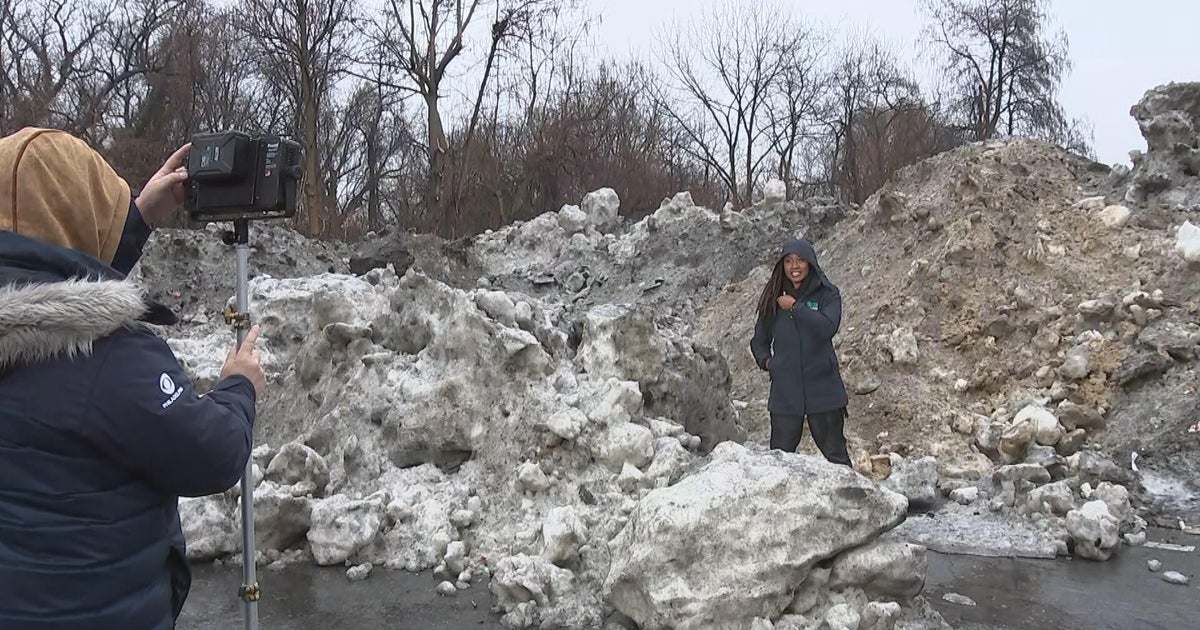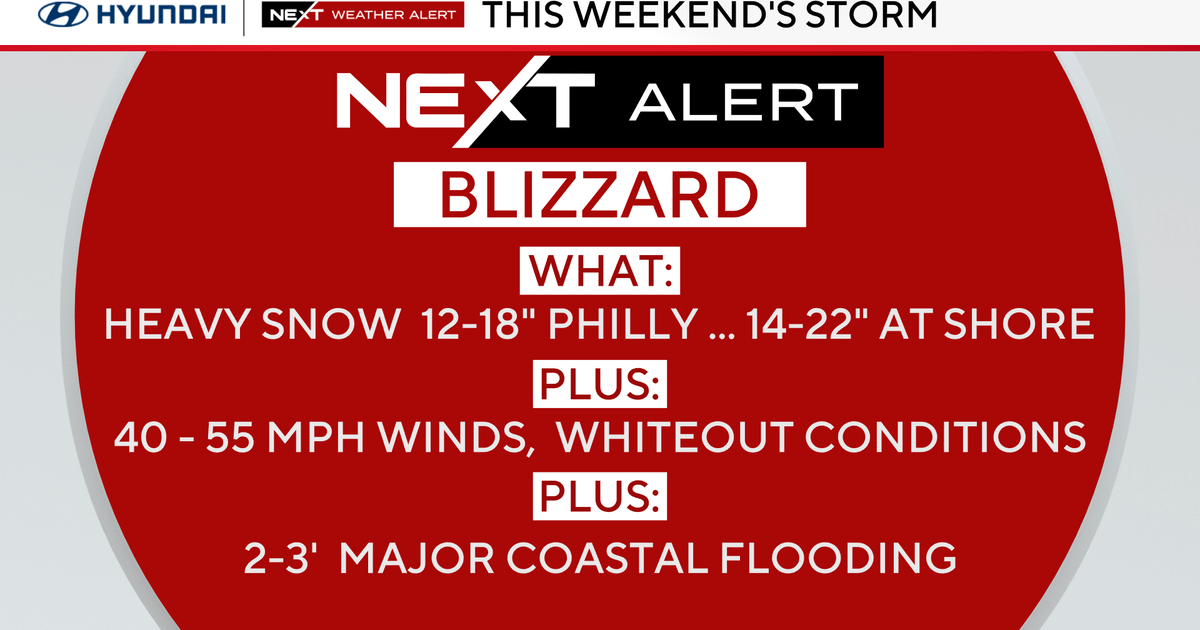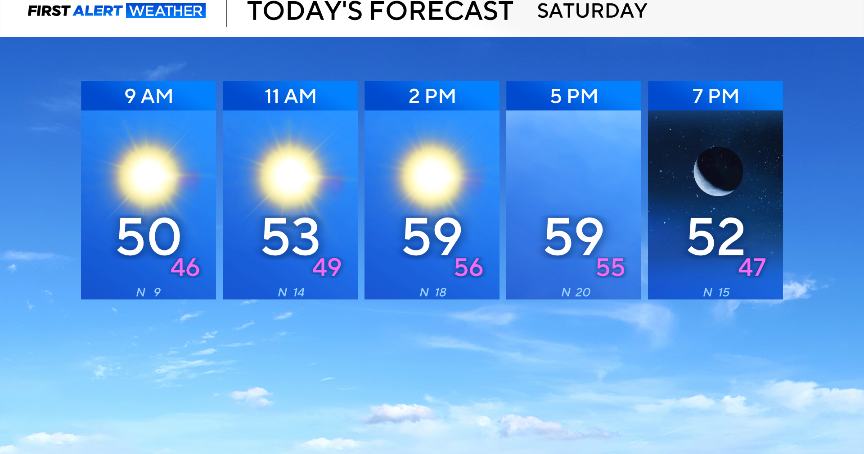Bitter cold front brings subzero temperatures, dangerous wind chills and snow to millions across U.S.
A brutal cold front is sweeping the U.S. this weekend, causing temperatures to plummet across much of the country. The extreme weather has already caused at least one death in Oregon as of Sunday, officials said.
Wind chill warnings, advisories or watches were in effect for more than 95 million people as an "Arctic blast" cascading southward from Canada and hovering over the continental U.S. created a subzero freeze in a number of states, the National Weather Service said in a bulletin issued early Sunday morning. CBS News partner The Weather Channel reported that temperatures would drop below average in three-quarters of the country in the coming days.
Meteorologists anticipated that some of the coldest conditions related to this frigid system would be felt throughout the day, with Montana and the Dakotas bracing for the most severe impacts, including bitter wind chills that could dip as low as -70 degrees Fahrenheit.
Forecasts were harsh even for states farther south, as wind chills as low as -30 degrees were expected to barrel through the Rockies, central Plains and mid-Mississippi Valley, according to the weather service, which warned that treacherous cold could persist for several days and possibly result in record-low temperatures this week in parts of the Midwest and the Deep South.
Frigid conditions were accompanied by heavy lake effect snow and squalls on Saturday and Sunday in parts of the country, including areas in the Northeast and Great Lakes regions. In upstate New York, there was a travel ban in place in Erie County as Gov. Kathy Hochul announced the postponement of Sunday afternoon's Buffalo Bills game due to blinding whiteouts and powerful winds. Buffalo Mayor Byron Brown said in a social media post around 3 p.m. ET that snowfall had largely stopped in the area after dropping between 6 and 8 inches, although "wind and blowing snow could still produce whiteout conditions at times."
In Chicago, wind gusts between 30 and 40 miles per hour were driving borderline blizzard conditions Sunday morning, when wind chills as low as -30 degrees were recorded, according to CBS Chicago. The city set in motion an emergency plan on Saturday night in response to the extreme cold, opening extra warming centers for Chicago residents and migrants that officials said would be operational through Wednesday.
"These wind chills will pose a risk of frostbite on exposed skin and hypothermia. Have a cold survival kit if you must travel," the weather service said. Another 12 to 24 inches of snow was expected to fall over portions of western and northern New York state on Monday, and another 6 to 12 inches were expected around the Great Lakes, while snow showers or squalls were potentially forecasted to develop over a wider band of the Northeast and into the mid-Atlantic region. Squalls would result in strong wind gusts and "rapidly reduced visibility" in those areas if they happened, the weather service said.
Extreme winter storm weather turned deadly on Saturday morning in northwestern Oregon, when high winds caused a tree to crash through the second floor of a home in Lake Oswego, a city near Portland. The crash killed an elderly man who was inside the house when the tree fell, authorities said. Another tree fell onto a car on the same street, but the people inside were not injured.
At least 20 different trees fell onto homes in Lake Oswego on Saturday, which the fire marshal Gert Zoutendijk called "very rare" in a statement.
"I have never seen this many in my 25-year career here at Lake Oswego Fire," Zoutendijk said.
Close to 160,000 electricity customers were without power in Oregon on Sunday afternoon, according to the tracking site PowerOutage.us. Around 30,000 customers had lost power in Wisconsin, another 30,000 had lost power in Michigan and almost 21,000 had lost power in New York. More than 100,000 were without power in Pennsylvania, and around 13,000 were without power in Texas.
The weather was also interrupting air travel on Sunday, with 4,383 delays and 1,277 cancellations already recorded by mid-afternoon at U.S. airports, according to FlightAware.



